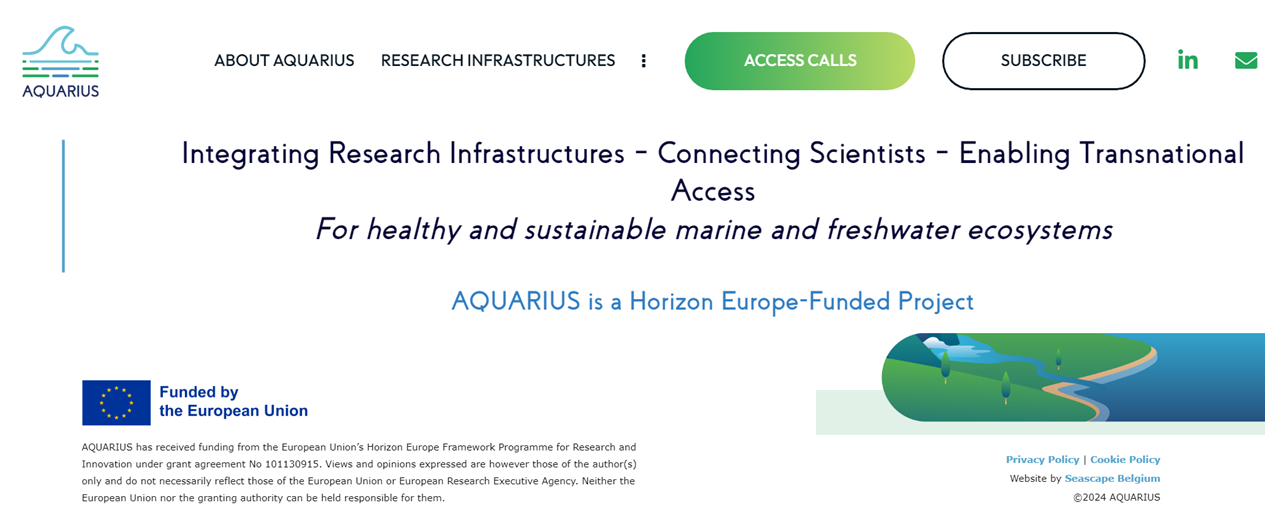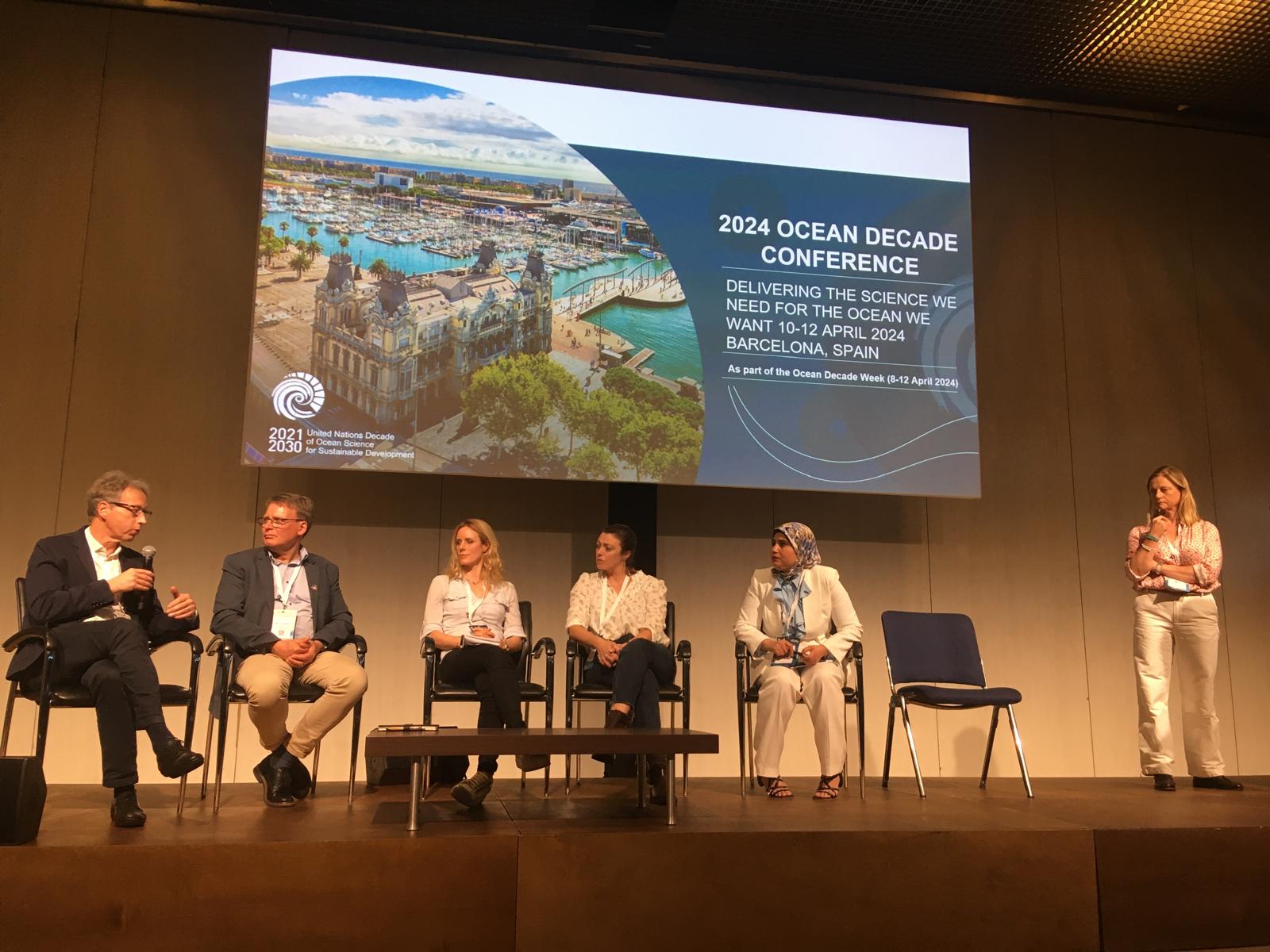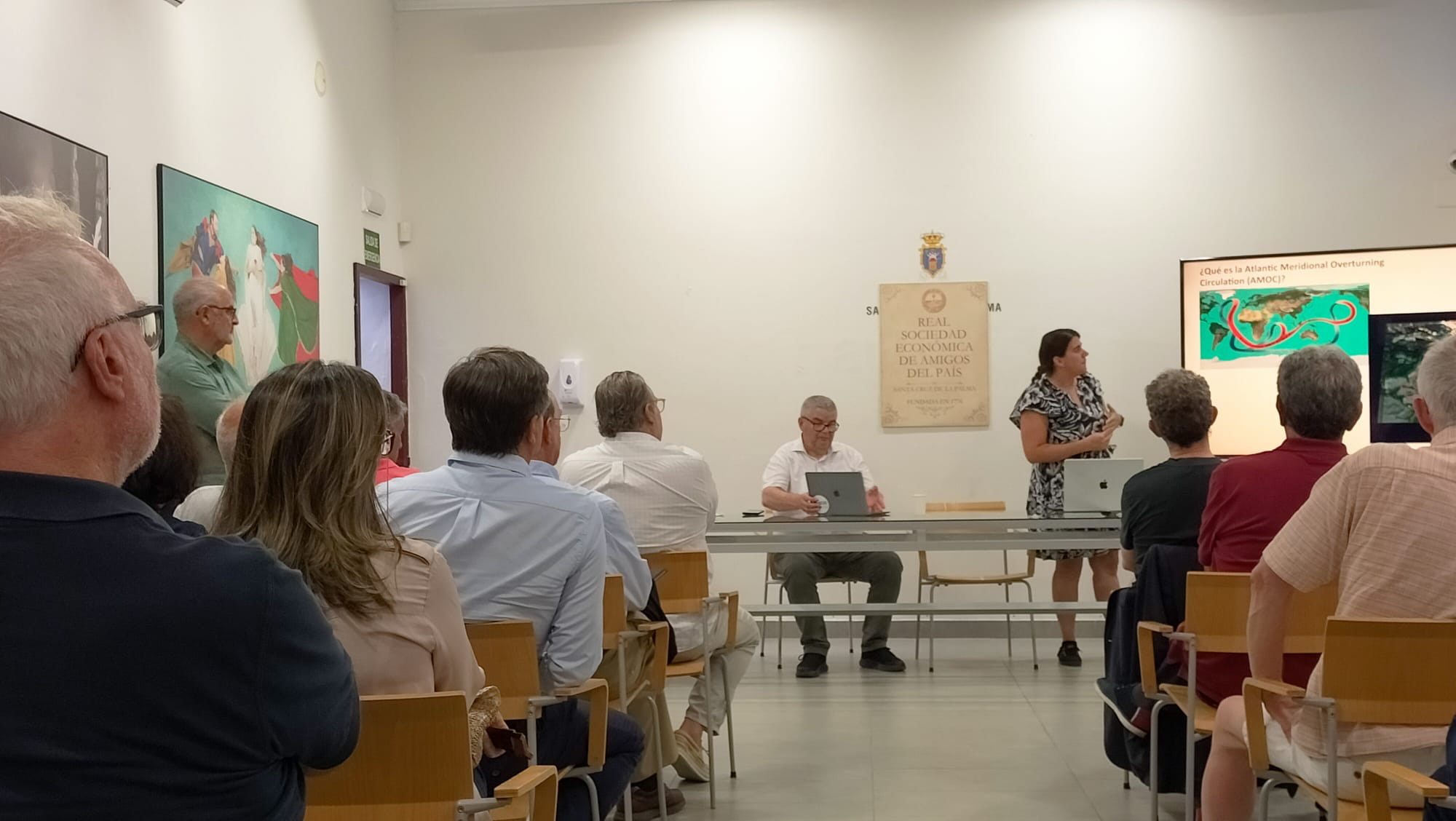The iFADO-IV El Hierro Mar Salitre y Lava educational miniboat sails through the Caribbean Sea and approaches the Eastern coasts of Nicaragua, Costa Rica and Panama after almost eleven months journey, in which it has faced hurricanes and the turbulent Intertropical Convergence Zone.
The miniboat was launched on May 19th, 2023 by IES Garoé.It crossed the Atlantic Ridge in the mid-summer 2023 approaching the coast of Northeastern Brazil, suffering several storms and the hurricane Fifteen when sailing through the Intertropical Convergence Zone, coming under the influence of the North Equatorial Current that drove him into the Caribbean Sea.
It is expected that during this month the miniboat will reach the Eastern coast of Central America, as it sails Westward, pushed by the Caribbean current, between Kingston, capital of Jamaica, on the Southern coast of this great Antille, and the city of Cartagena, on the Northern coast of Venezuela.
In its almost eleven months since departure, the small boat has sailed more than 11,000 nautical miles.
iFADO-IV El Hierro Mar Salitre y Lava is part of the Educational Passageseducational program, which aims to disseminate environmental learning and knowledge, and in particular that of the ocean environment, through small boats capable of following the winds and ocean currents, allowing students of all ages to explore oceanic phenomena while developing transoceanic training classrooms.
The miniboat has been suited with GPS and a temperature sensor powered by a small solar panel installed on deck of the boat. In a small warehouse of about twenty centimeters, IES Garoe’s students housed work carried out at the secondary school in which they give an account of the place of origin of the boat so that it can be identified if collected.
The route of the educational miniboat can be followed in real time through the Educational Passages website, so that students can learn about the characteristics of the marine routes along which it navigates, learning interactively about the dynamics of ocean currents and winds.
The main objective of the program is to introduce students to the world of sailing and engage them in collaborative learning through international cultural experiences, and increase understanding of the value of the hydrosphere as a shared resource through knowledge about the ocean environment. The program allows you to bring the ocean into the classroom, whether on the coast or inland.
The Interreg Atlantic iFADO project facilitates marine services on a regional and sub-regional scale, using the Atlantic waters of the European Union as a case study. Filling existing technical gaps, iFADO will use the implementation of the Marine Strategy Framework Directive (MSFD) to demonstrate the application of innovative products. Funded by the European INTERREG Atlantic Space program, it integrates research institutions from different areas such as numerical models, satellite remote sensing, oceanographic campaigns and new technologies.



